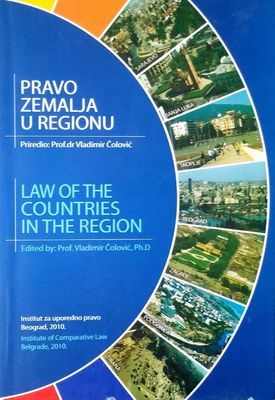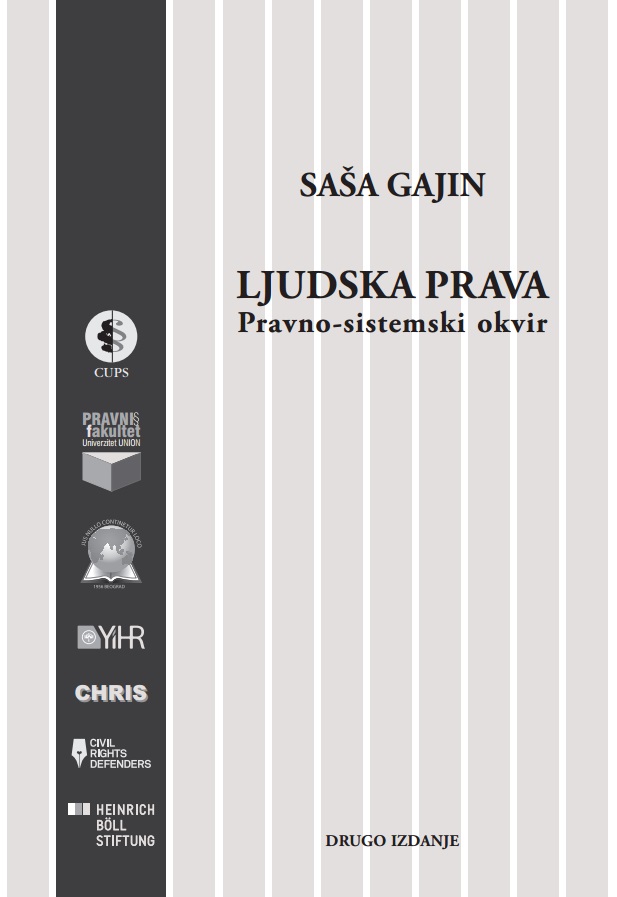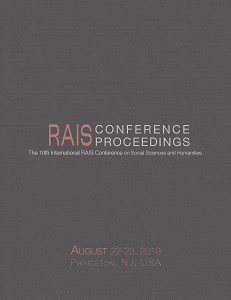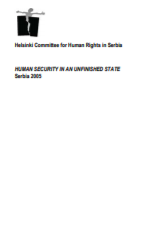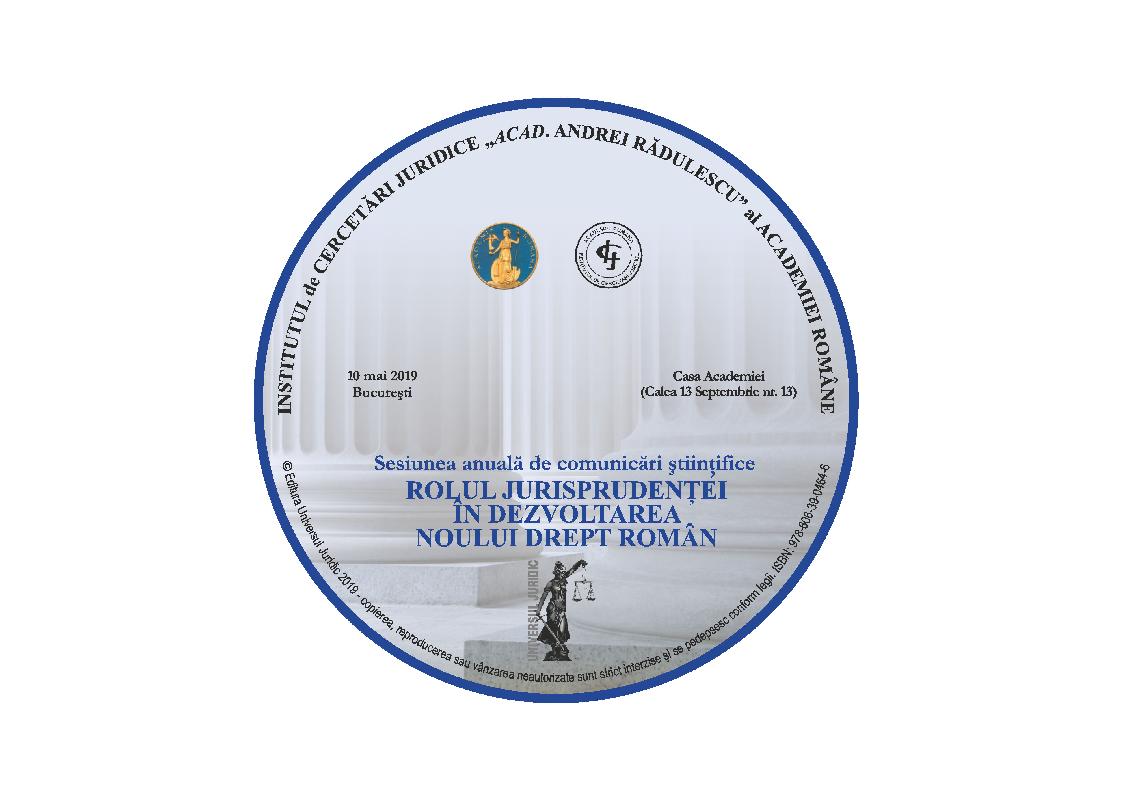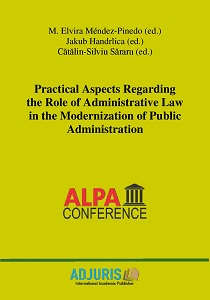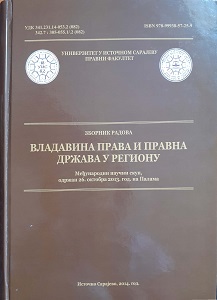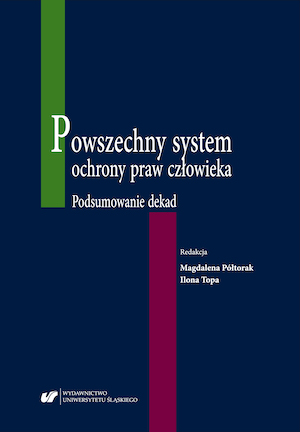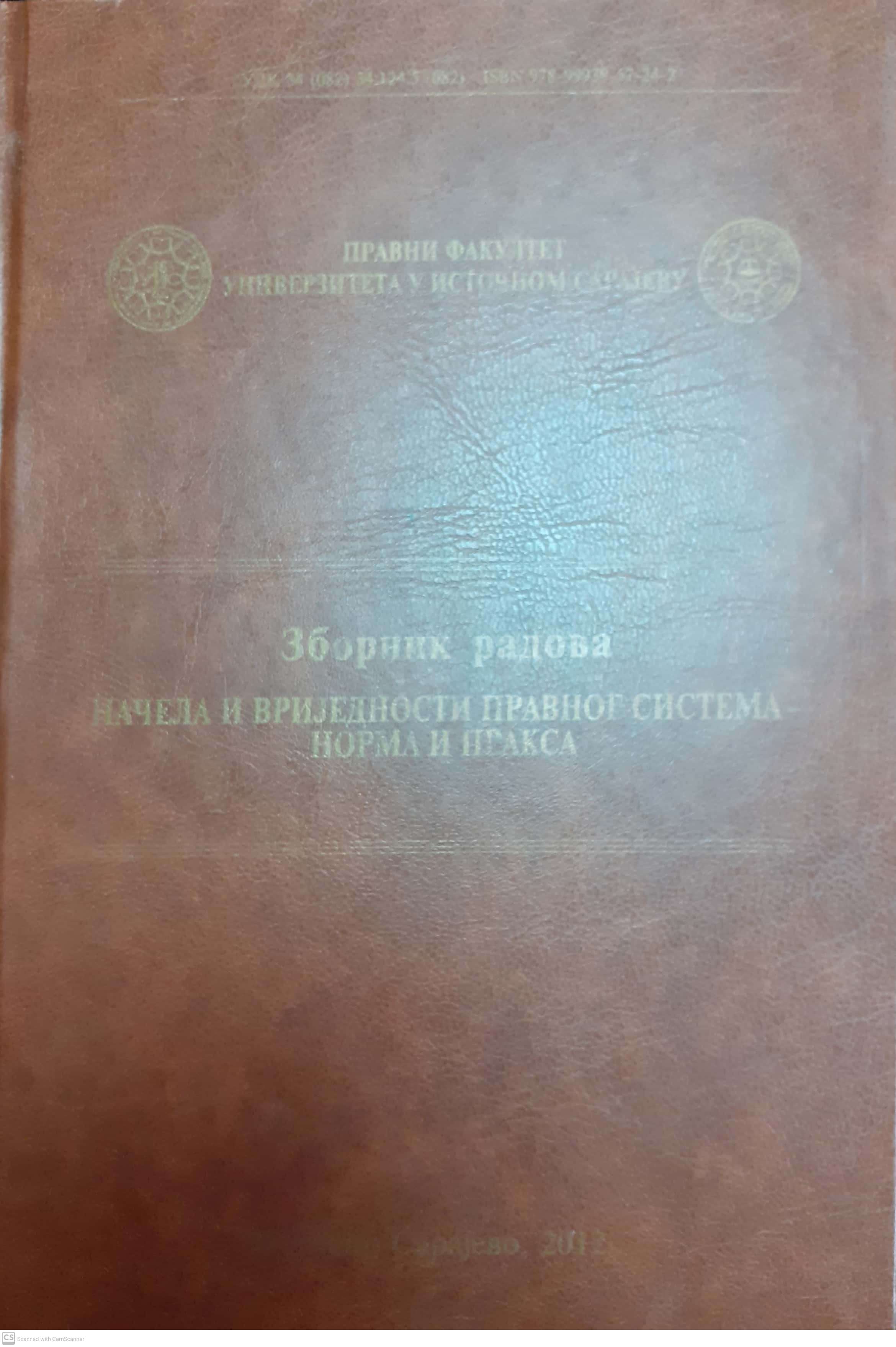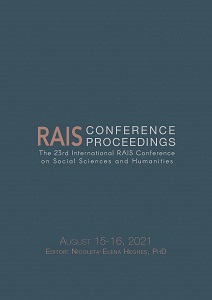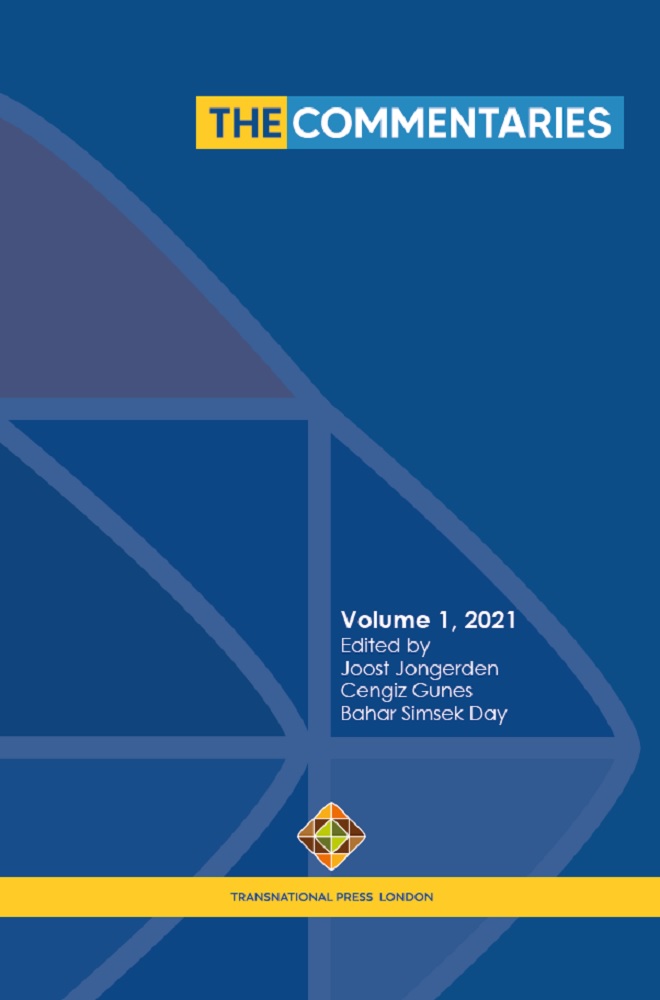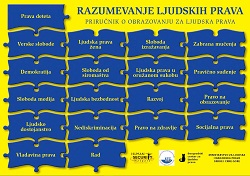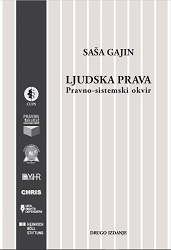Author(s): Amila Kurtović / Language(s): English
Sloboda mirnog okupljanja podrazumijeva pravo javnog ili privatnog okupljanja, sa ciljem kolektivnog izražavanja, promoviranja, traženja i odbrane zajedničkih interesa. Ovo pravo uključuje učešće u mirnim okupljanjima, sastancima, protestima, štrajkovima, demonstracijama i drugim privremenim okupljanjima sa specifičnom svrhom. U tom smislu, sloboda mirnog okupljanja, kao neophodan element demokratskog društva, osnažuje osobe u izražavanju njihovih političkih mišljenja, biranju lidera koji će zastupati njihove interese i biti im odgovorni, ali i u ostvarivanju literarnih i umjetničkih težnji, te drugih kulturnih, ekonomskih i društvenih aktivnosti, kao što je npr. održavanje i razvoj kulture očuvanjem identiteta manjina kroz slobodno izražavanje njihovog mišljenja na okupljanjima. Pored toga, ovo pravo može imati važnu ulogu u ostvarivanju drugih građanskih, kulturnih, ekonomskih, političkih i socijalnih prava. Takva međuovisnost i povezanost sa drugim pravima slobodu okupljanja čine vrijednim indikatorom nivoa poštivanja drugih ljudskih prava, kao i nivoa tolerancije prema različitim političkim, društvenim i kulturnim praksama i uvjerenjima. Poseban značaj prava na slobodu okupljanja ogleda se u mogućnosti utjecaja na vladu i njeno djelovanje kroz slobodno ispoljavanje mišljenja i stavova, u okviru redovnog političkog procesa. S tim u vezi, slobodno ostvarivanje ovog prava također pomaže različitim segmentima društva u artikuliranju zahtjeva i pritužbi, čineći ga krucijalnim naročito onim kategorijama stanovništva koje nemaju pravo glasa u izboru zakonodavnih ili izvršnih tijela vlasti, te onim građanima koji nemaju mogućnost ispoljavanja svojih stavova putem medija. Važnost ovog prava prepoznata je u brojnim međunarodnim i regionalnim dokumentima o ljudskim pravima, čija je članica i Bosna i Hercegovina (u daljnjem tekstu: BiH). Pored toga, u BiH je sloboda okupljanja garantirana Ustavom BiH, ustavima entiteta, Statutom Brčko distrikta BiH (u daljnjem tekstu: BDBiH), kao i zakonima o javnom okupljanju na entitetskom, kantonalnom i nivou BDBiH. Tako velik broj zakonskih akata kojima se regulira sloboda okupljanja na teritoriji BiH je, naravno, posljedica višeslojnog i kompleksnog sistema vlasti u državi, koji uključuje podjelu nadležnosti između države i entiteta, ali i entiteta i kantona u kontekstu Federacije BiH. Prema dostupnim analizama, takav regulatorni okvir rezultira brojnim razlikama, pa i proturječnostima u reguliranju slobode okupljanja između različitih administrativnih jedinica u BiH. Ovaj izvještaj donosi analizu zakonskog okvira koji regulira slobodu okupljanja u BiH iz perspektive ključnih međunarodnih standarda u ovoj oblasti. U tom smislu, vrijedi posebno naglasiti da je neovisni panel eksperata Ureda za demokratske institucije i ljudska prava (u daljnjem tekstu: ODIHR), pri Organizaciji za evropsku sigurnost i saradnju (u daljnjem tekstu: OSCE), zajedno sa Evropskom komisijom za demokratiju putem prava (u daljnjem tekstu: Venecijanska komisija), 2007. godine sačinio, a 2010. godine revidirao Smjernice o slobodi mirnog okupljanja (u daljnjem tekstu: OSCE-ove Smjernice ili Smjernice), u kojima su formulirani minimalni standardi kojih se države trebaju pridržavati prilikom reguliranja ove oblasti. Sadržaj Smjernica zasnovan je na ključnim problemima u oblasti slobode okupljanja, ali i mogućim načinima njihovog rješavanja, koji su u dokumentu predstavljeni putem primjera dobre prakse iz zakonodavstava država članica OSCE-a, te referiranja na relevantnu praksu Evropskog suda za ljudska prava (u daljnjem tekstu: ESLjP). Upravo takav pristup ovaj dokument čini autoritativnim izvorom kada je riječ o međunarodnim standardima i primjerima dobre prakse u oblasti slobode okupljanja. Stoga je i ova analiza zakonskog okvira u BiH zasnovana prvenstveno na tom dokumentu. U dijelovima u kojima je to bilo svrsishodno i potrebno, analitički je okvir dopunjen i uvidima iz Izvještaja ODIHR-a o monitoringu slobode mirnog okupljanja u odabranim državama članicama OSCE-a iz 2014. godine, te relevantnih izvještaja specijalnog izaslanika Ujedinjenih nacija za slobodu okupljanja i udruživanja (u daljnjem tekstu: specijalni izaslanik). Izvještaj počinje uvodnim razmatranjima o samom konceptu, prirodi i karakteru javnih okupljanja koja uživaju zaštitu prema navedenim standardima. Zatim se nudi analiza rješenja u BiH u pogledu reguliranja prostora za okupljanje, imajući u vidu njegov poseban značaj za poruku koju okupljanje nosi. Nakon toga slijedi analiza ključnih proceduralnih pitanja kakva su prijava okupljanja, njene dopune i rokovi, te pravo na djelotvoran pravni lijek u kontekstu organiziranja i realiziranja javnih okupljanja. U okviru razmatranja o pozitivnoj obavezi države da štiti I omogućava ostvarivanje okupljanja, neminovna je i analiza propisanih obaveza organizatora javnih okupljanja, nakon čega slijedi pregled i analiza problematičnih ograničenja slobode okupljanja u zakonskom okviru u BiH. Izvještaj zaključuju preporuke usmjerene na unapređenje zakonske regulative u ovoj oblasti u BiH. Jedan od izazova u pisanju ovog izvještaja je bio i nedostatak analiza u oblasti slobode okupljanja iz perspektive pravnih propisa koji je reguliraju. Naime, ova je oblast u BiH u najboljem slučaju parcijalno istraženo područje, jer postojeće analize ne obuhvataju relevantne međunarodne standarde niti cjelokupan zakonski okvir koji se tiče ove kompleksne oblasti u BiH. Neke od dostupnih analiza također se fokusiraju na problematične aspekte slobode okupljanja u BiH iz perspektive prakse, na što ovaj izvještaj ne pretendira. Zbog toga se nadamo da će ova analiza ponuditi sveobuhvatan pregled ključnih problema u zakonskom okviru u BiH u ovoj oblasti, istovremeno nudeći i konkretna moguća rješenja koja mogu biti od koristi kako donosiocima odluka tako i ekspertima i aktivistima u oblasti slobode okupljanja.
More...


